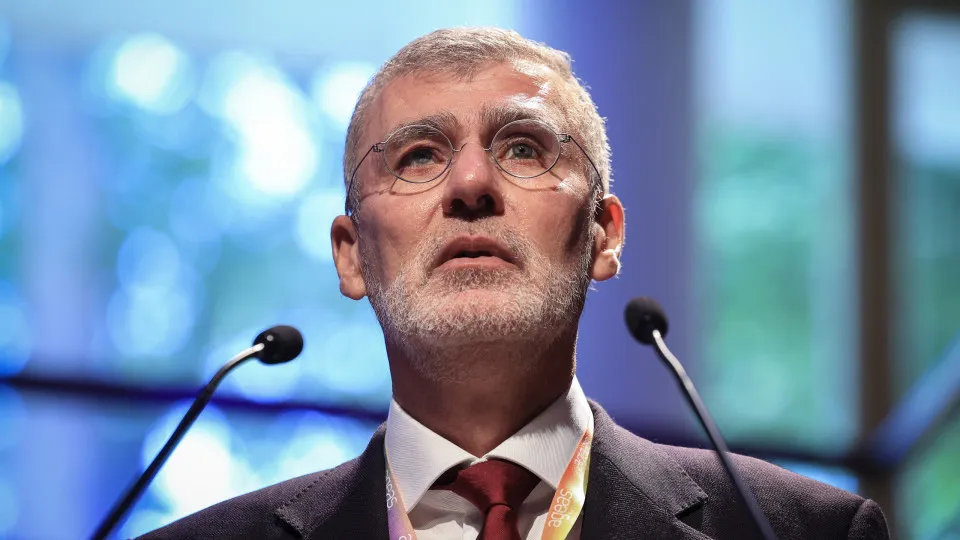
During an official visit to Canada on Friday night, Emídio Sousa acknowledged that “there are indeed some delays at the Institute of Registries and Notary, especially in Lisbon,” and reported that “the Government is already promoting the recruitment of 50 new technicians” to speed up the processing of cases.
“At this moment, it is essentially a matter of strengthening human resources, and once this process is completed, I believe the problem will no longer exist,” he stated.
In recent months, various leaders and diaspora citizens have expressed concern over the delay in validating birth records sent by Portuguese consulates, affecting both newborns and adults born to Portuguese parents.
In some instances, processes have remained pending for months, with reports indicating that waiting times can reach up to a year for requests from adults.
While consulates process requests relatively quickly, the final validation stage at the IRN in Portugal has been identified as the main bottleneck.
This discrepancy in timeframes between residents in the country and those living abroad has sparked criticism of unequal treatment towards diaspora Portuguese, who claim to feel discriminated against.
“The Portuguese Government has an obligation to resolve this situation, ensuring that the children of Portuguese nationals, regardless of where they were born, are treated as full citizens,” emphasized Emídio Sousa.
The official also assured that he has been monitoring the issue “for several months” and that the Ministry of Justice is already implementing concrete measures to reduce response times.
Emídio Sousa’s visit to Canada, from October 25 to 31, included stops in Toronto, Edmonton, Ottawa, and Montreal.
The program included the signing of several cooperation protocols in the areas of culture and Portuguese language teaching, the establishment of a new Portugal-Canada Chamber of Commerce in Alberta, and meetings with association leaders and representatives of the Portuguese-Canadian communities.
According to the 2021 Canadian census, 448,305 individuals reported Portuguese ancestry, reflecting the size of the Portuguese-Canadian community and its contribution to the country’s society.




